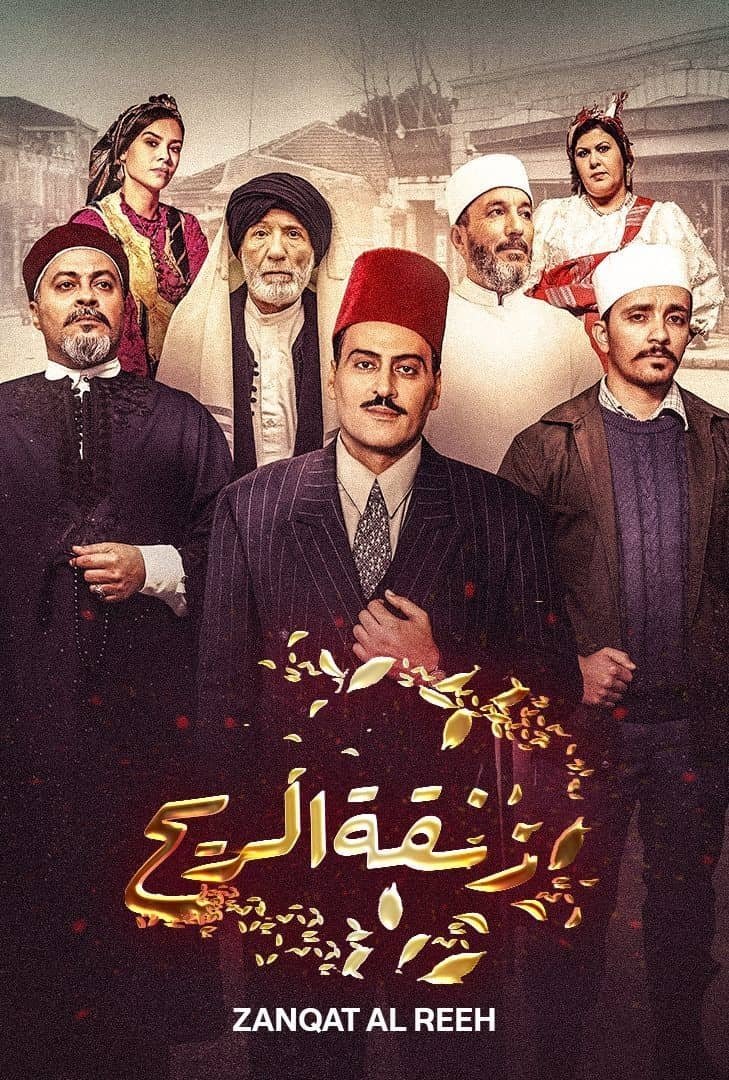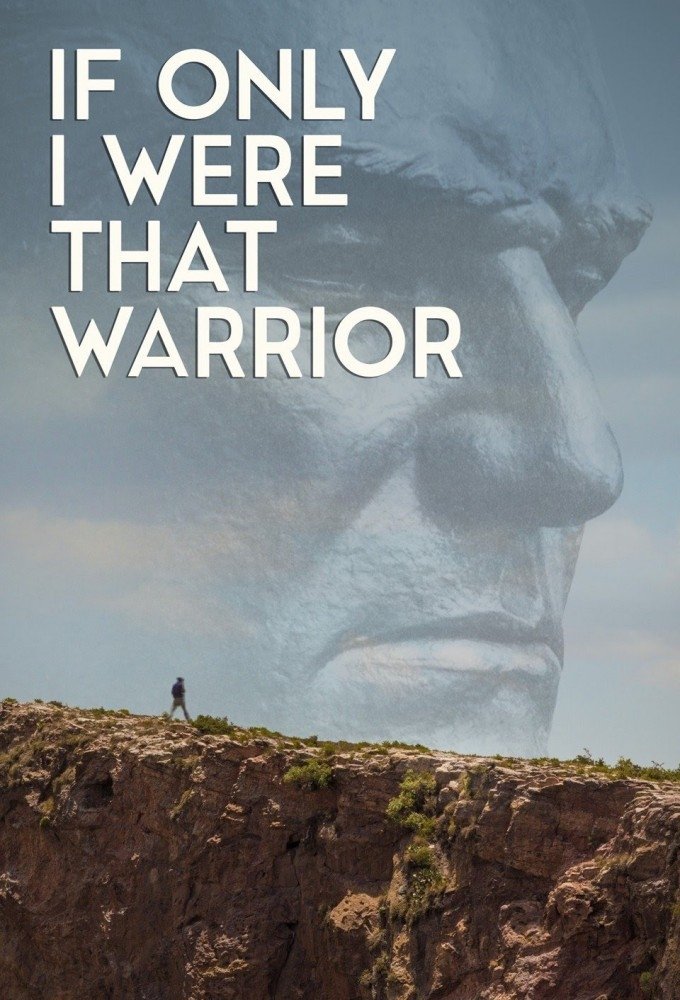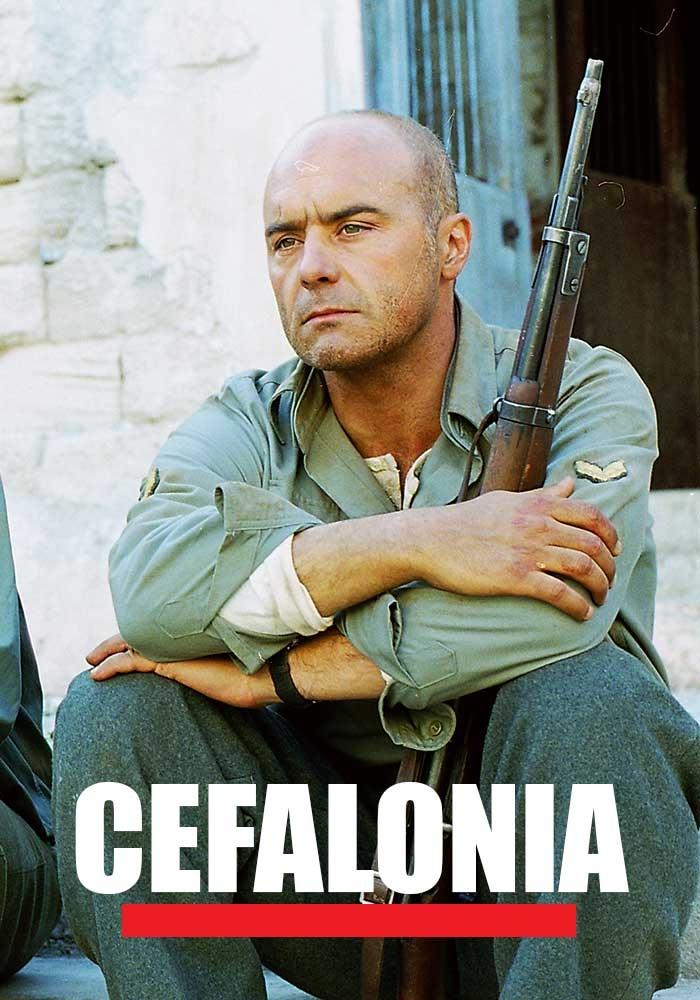
The series "Zanghat Arreeh" is a historical social drama, the events of which take place in 1945 in the city of Tripoli in Libya. It highlights the suffering of the Libyan people under the rule of the British administration that was installed in Libya after World War II and the defeat of Italy. In the absence of any media or legal interest, the British military administration facilitated procedures for foreign communities at the expense of the sons of the homeland. The series also highlights the social life, customs and traditions that prevailed among the residents of Tripoli of all religions and ethnicities, united by one city and one homeland, in which they share their joys and sorrows.

Through the testimonies of some Italian women, the documentary evokes the day of 2 June 1946, when they were called upon to cast their vote for the first time. The battles conducted by Italian women in the years leading up to 1946 to demand recognition of the right to vote. The approval of the right to vote for women by the Italian Parliament on 1 February 1945, at the proposal of the Italian Communist Party Secretary Palmiro Togliatti and statesman and founder of the Christian Democratic Party De Gasperi. The role of the first 21 women elected to the Constituent Assembly on 2 June 1946, and their contribution to the writing of the Italian Constitution.

If Only I Were That Warrior is a feature documentary film focusing on the Italian occupation of Ethiopia in 1935. Following the recent construction of a monument dedicated to Fascist general Rodolfo Graziani, the film addresses the unpunished war crimes he and others committed in the name of Mussolini’s imperial ambitions. The stories of three characters, filmed in present day Ethiopia, Italy and the United States, take the audience on a journey through the living memories and the tangible remains of the Italian occupation of Ethiopia — a journey that crosses generations and continents to today, where this often overlooked legacy still ties the fates of two nations and their people.

Cefalonia tells the real story about what happened in September 1943 on the Greek island of Kefalonia (Cefalonia in Italian), when the 12,000 men in the Italian 33rd Acqui Infantry Division, following Italy's surrender to the Allied, refused to put themselves under German command and also refused to surrender their weapons. The local German force, supported by Stuka dive-bombers and additional troops, attacked the Italians and after several days of combat the Italians surrendered, having lost 1,300 men. As punishment, the German High Command ordered that all surviving Italians should be executed. Some 5,000 were executed during a week of killings. A handful were rescued by locals and the Greek guerrilla, while the rest were shipped off as prisoners, whereof 3,000 drowned when their ships hit mines. The film "Captain Corelli's Mandolin" is based on a novel about the Italian occupation of Cefalonia, but the massacre was much toned down in the Hollywood version.
By browsing this website, you accept our cookies policy.